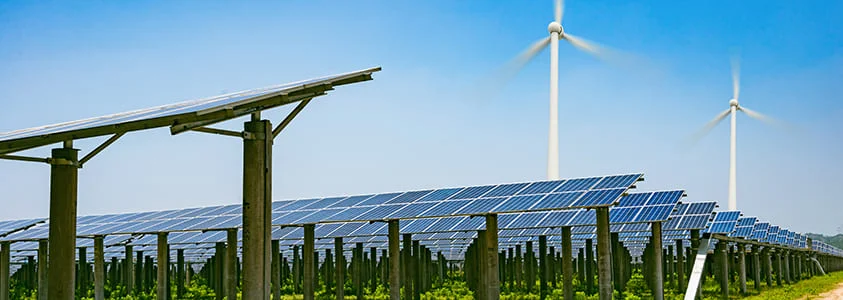Dr. Santos Gracia Villar, president of the Fundación Universitaria Iberoamericana (Iberoamerican University Foundation, FUNIBER), is participating in a study that combines renewable energy sources such as solar and wind power with advanced technologies to reduce energy consumption and environmental impact in the paper industry.
The paper industry, known for its high energy consumption, faces a significant challenge: reducing its environmental footprint while maintaining operational efficiency. One of the most critical areas is the handling of black liquor, a by-product of the papermaking process that contains chemicals and biomass. This liquor, which can generate up to 2 exajoules of energy annually, is concentrated using multi-effect evaporators (MEE). However, these systems account for more than 30% of the industry’s total energy consumption.
Classic solutions to improve the energy efficiency of MEE include schemes such as preheaters, thermal and mechanical vapor compression, expansion tanks, and hybrid models that combine technologies. In addition, the incorporation of renewable energies, such as solar and wind, has been proposed to reduce dependence on conventional sources. Although the integration of these energies is common in other industries, their application in papermaking is still in its infancy. To this end, the study proposed the use of linear Fresnel solar reflectors (LFR) and wind power to optimize the energy consumption of the MEE.
The study, carried out at a paper mill in India, combined traditional energy saving schemes with renewable energy sources. It used thermodynamic-based models to analyze energy efficiency, applying optimization techniques such as metaheuristic algorithms, including the walrus optimization algorithm (WaOA). The main objectives were to maximize steam economy, reuse waste heat, integrate renewable energies and validate hybrid models.
The integration of solar and wind energy, through linear Fresnel reflectors (LFR) and wind turbines, reduced dependence on conventional sources by 62% and by 34% for optimized hybrid systems. This hybrid approach guaranteed a constant energy supply, even in the face of fluctuations in sunlight or wind, improving the stability and efficiency of the system. In addition, optimized ESS and the reuse of waste heat contributed to superior energy performance, with further improvements when adjusting parameters such as the split fraction. These results not only validate the technical feasibility of the approach, but also highlight its potential to transform the paper industry into a model of sustainability.
From a practical perspective, the combination of renewable energies with MEE requires careful planning, but offers economic, operational and environmental benefits, such as lower long-term costs and reduced greenhouse gas emissions. The study recommends expanding the use of renewable energies in industrial sectors, exploring additional sources such as biomass or geothermal energy, and conducting scalability studies and economic analyses to assess the viability of these solutions. This approach promotes more sustainable, efficient and profitable industrial processes.
The impact of this advance goes beyond reducing operating costs. By significantly reducing fossil fuel consumption, the hybrid system contributes to mitigating climate change and promotes the adoption of clean energy in industrial sectors traditionally dependent on non-renewable resources. In addition, by reusing waste heat and maximizing energy efficiency, it sets a precedent for other industries seeking to balance productivity and sustainability.
In conclusion, the study not only offers a practical solution to the energy challenges of the paper industry, but also serves as a model for the integration of renewable technologies into industrial processes. With advances like this, the path to a more sustainable future seems increasingly achievable.
If you want to know more about this study, click here.
To read more research, check out the repository of UNEATLANTICO.
The Iberoamerican University Foundation (FUNIBER) promotes various study programs in the area of the environment, such as the Master’s Degree in Environmental Engineering and Technology. This program prepares you to face environmental challenges from a technical perspective, integrating ecological, social, economic and technological aspects to promote sustainable development. Take the next step towards a sustainable future! Enroll now and be part of the change.
